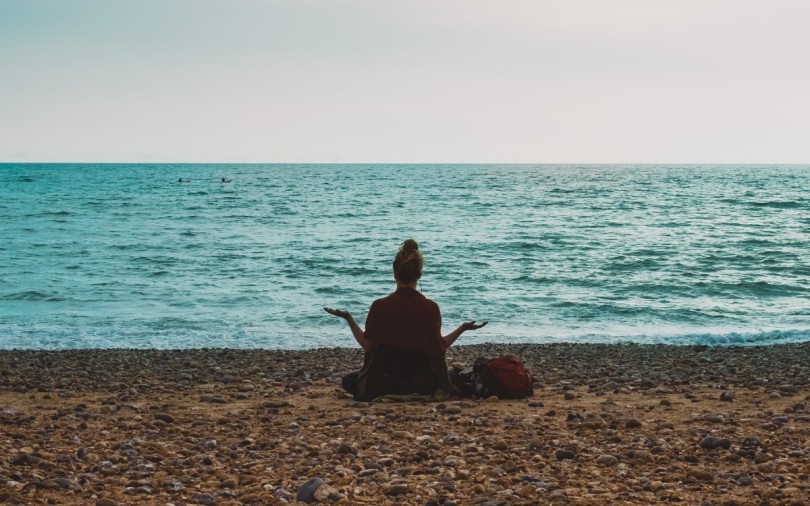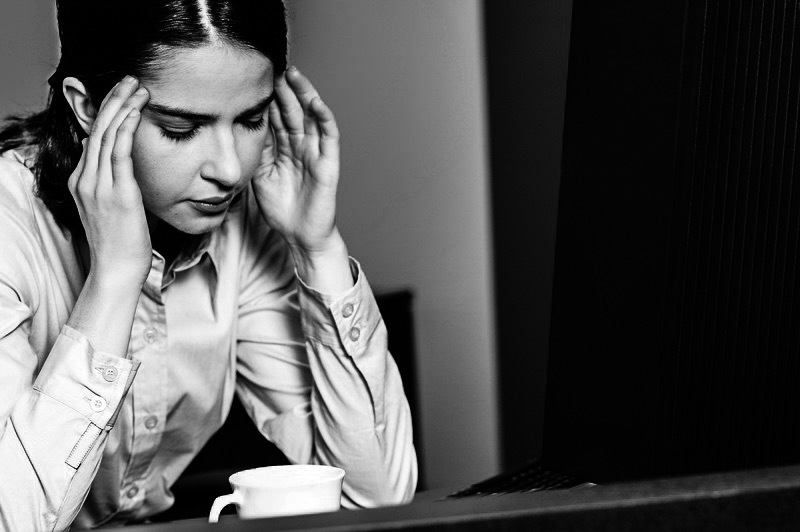Anxiety is not a pleasant sensation. In fact, it’s a negative feeling. It can be terrifying, and your first instinct may be to panic and worry, exacerbating your anxiety. Just stop right there! In this situation, panicking is the worst thing you can do. Instead, here’s what I want you to do. Take a long, deep breath.
This post contains Amazon affiliate links, meaning I may earn a small commission if you purchase through my links, at no extra cost to you. Note: We aim to provide accurate product links, but some may occasionally expire or become unavailable. If this happens, please search directly on Amazon for the product or a suitable alternative.
I’m not kidding. When you start to feel anxious, the best thing you can do is take a deep breath and calm yourself down. The issue with fear and anxiety these days is that it is frequently unfounded or not nearly as serious as we believe.
When we were cavemen, it made sense to put our bodies and minds on high alert when faced with a threat like a wild boar about to attack. Our lives were in danger, and we had to decide whether to fight or flee for our lives. In those days, a quick heartbeat increased breathing, and a surge of adrenaline made sense. However, when the fear and anxiety is about getting up on stage, making the next rent payment, or going on a surprise date, those responses aren’t as helpful.
Second, when we are in this fight or flight mode, it is difficult to think rationally about the situation. When we are anxious and stressed, we are not very good at objectively judging danger and making rational decisions. Everything appears to be far worse than it is in this state of mind. That is why it is critical to begin by calming down. And the fastest way to do so is to simply stop and take a deep breath.
This can be done anywhere, at any time. When you start to feel anxious, stand or sit comfortably, close your eyes if you can, and slowly breathe in through your nose and out through your mouth. Repeat a few times until you feel yourself beginning to relax. In a few days, we’ll go over breathing exercises in greater detail. Consider this the most basic version.
As with many things, the more you practice, the easier and more natural it becomes. Make it a habit to close your eyes and take a few deep breaths whenever you start to feel anxious or tense. This breathing exercise is also beneficial when you first wake up, before you sit down to work, and even before you go to bed. Begin practicing and keep going until it becomes a habit.
When you feel anxious or fearful in the future, your first reaction should be to stop and take a deep breath. After that, you’ll be able to look at the situation more calmly and determine whether or not there is anything to be concerned about. You’ll also find yourself calm and collected enough to begin making a plan and working through any problems that arise, rather than simply reacting from a state of anxiety.
Want to get notified on new content?
Get email updates when new posts and articles are available.
» Yes! Sign me up for free updates.








